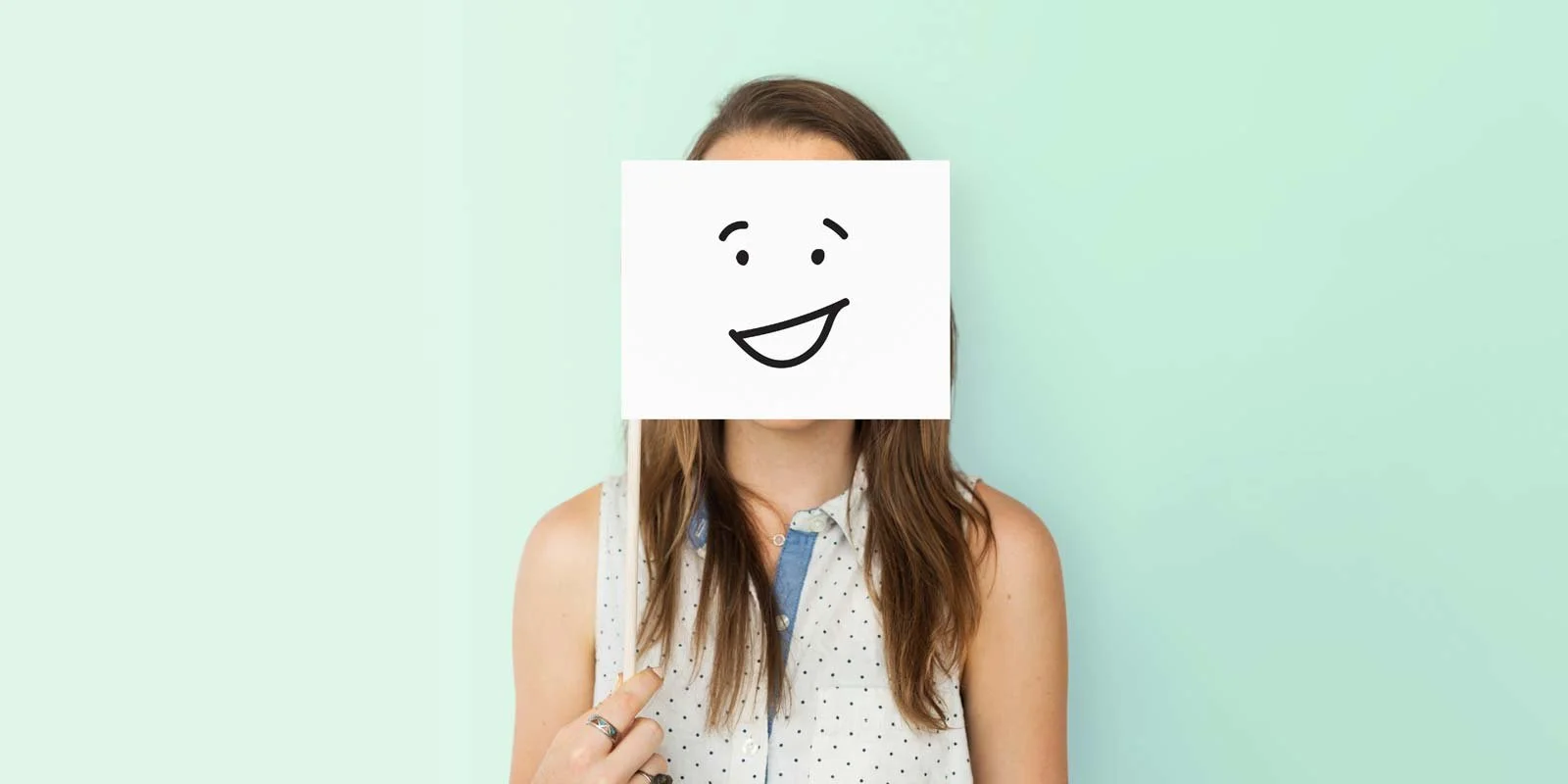In a world that rewards visibility, it's easy to confuse applause with impact.
We live in an era where kindness is often performed for likes. Where empathy comes with a camera crew. Where self-care can look more like branding than actual healing. And while the heart behind these gestures may sometimes be genuine, the effect is often diluted. Mental health doesn't benefit from performative gestures. It thrives on authenticity.
What Is Performative Behavior?
Performative behavior is doing something not because it aligns with your values, but because it aligns with how you want to be seen. It's acting in a way that earns approval, applause, or social capital, even if it feels hollow.
Post a photo of your donation? Performative.
Tell everyone how much you care while filming it? Performative.
Publicly reflect on someone else’s hardship to center yourself as empathetic? You get the idea.
This behavior is deeply human. We're social animals. We want to be liked. We want to matter. But the problem starts when the performative becomes a replacement for the real. When we start to value optics more than impact, and curation more than connection.
Why It's So Common Now
Social media didn't invent performative behavior, but it certainly supercharged it.
Platforms reward visibility. Algorithms prioritize engagement. That heartwarming moment you captured? It might go viral. That deeply personal act of kindness? It might disappear into the void unless you hit record.
This creates a strange feedback loop: the more our good deeds are seen, the more they're celebrated. The more they're celebrated, the more we perform. Before long, we begin curating our compassion for the camera.
The result? A world where everyone is watching and no one is truly seen.
The Toll It Takes
Here's what doesn't get talked about enough:
Performative kindness can actually harm mental health.
It sets unrealistic standards. If you're watching others constantly post about their acts of generosity, it can feel like you're never doing enough. You might begin to question your own value, your own capacity for empathy.
It creates a kind of emotional burnout. Giving from a place of expectation rather than intention is exhausting. When kindness becomes another item on your to-do list, it loses its soul.
And for the one performing, there's a growing disconnect. A gnawing feeling that you're playing a role rather than living a life. That your worth is tied to your visibility, not your values.
What Mental Health Really Needs
What nourishes mental well-being isn't spectacle. It's substance.
Tiny, unseen moments. Real conversations. Quiet choices. Acts of care that no one else may ever witness.
Mental health thrives in:
A handwritten note to someone you love.
Sitting with a friend without trying to fix them.
Reflecting on a single, honest gratitude every day.
Helping someone without posting about it.
Being kind when no one is watching.
These aren't flashy. But they're healing.
They're the building blocks of self-worth, empathy, and trust. And they carry an exponential effect. When you act with sincerity, you not only affirm the value of others, you affirm your own.
The Power of Daily Gratitude
One of the simplest ways to step away from performance and into presence is to build a gratitude practice. But not just any gratitude practice.
We're not talking about listing five things you "should" be grateful for.
We're talking about choosing one thing each day. Just one. Then asking yourself: Why does this matter to me? What does it reveal about what I value, what I need, or what I want to protect?
That small moment of honesty opens the door to authenticity. It becomes a mirror. Not for others, but for yourself.
And over time, these small reflections compound. They build a map of what brings you meaning. They shift your attention from proving your worth to discovering it.
From Kindness to Care
Kindness is easy to mimic. Care is harder to fake.
Care takes time. It takes listening. It asks you to slow down, to see someone else clearly, to show up without a script. To give without needing credit.
That shift from kindness-as-a-performance to care-as-a-practice is where mental wellness expands. You begin to see others not as a stage for your goodness, but as fellow travelers. You start to show up differently. You begin to show up for yourself.
Empathy Without the Spotlight
Empathy isn't a performance. It's a posture.
You don't need to broadcast your understanding to be understanding. In fact, the deepest empathy often goes unnoticed.
Empathy is letting your friend talk without steering the conversation back to you.
Empathy is choosing not to judge when someone lets their guard down.
Empathy is uncomfortable sometimes. It’s messy. It's uncertain.
And it is the opposite of curated.
You Don't Have to Prove Anything
This might be the most radical thing you read today: you don't have to prove you're kind, grateful, or present. You just have to be.
In a world urging you to post about your good deeds, try doing one in silence. In a feed full of people broadcasting gratitude, try whispering yours to the page.
In the noise of performance, there's real power in privacy.
The most meaningful mental health work is quiet, unglamorous, and persistent. It's choosing, day after day, to live in alignment with your values, not your optics.
It's choosing care over credit.
Presence over polish.
And purpose over performance.
The Invitation
Here's the invitation: step off the stage. Find one moment today to be real, not impressive.
Write down one honest gratitude.
Say one kind thing without posting it.
Offer empathy without centering yourself.
This isn't about being perfect. It's about being present. And purposeful.
Because your mental health doesn't need an audience. It needs you.

